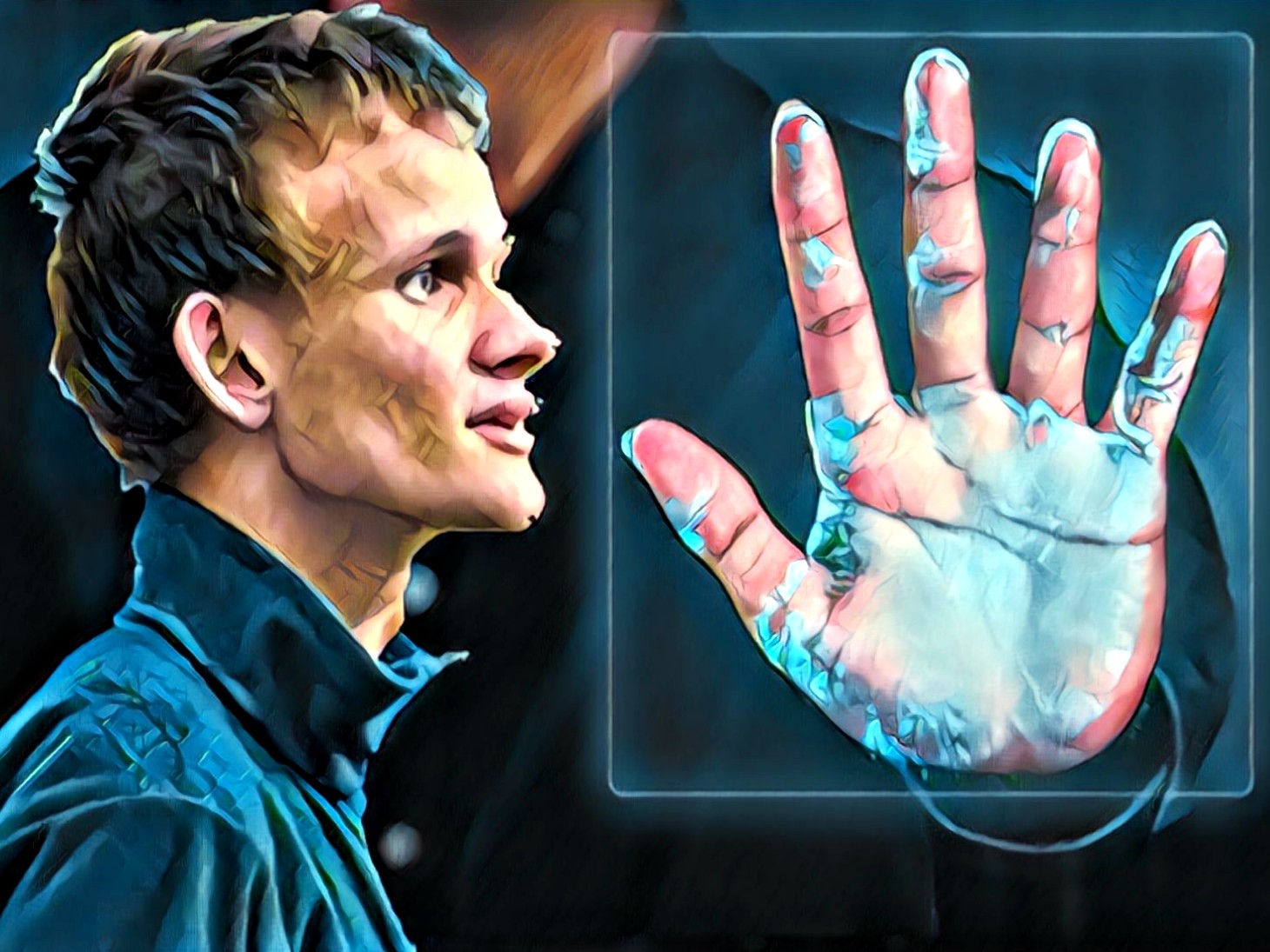It’s widely known now that Ethereum (ETH) is very different from Bitcoin (BTC). While Bitcoin is primarily a digital asset with censorship resistance, Ethereum is so much more than that. It’s about creating a new system through smart contracts and decentralized applications (dapps) for use cases that weren’t previously possible.
Presenting Ethereum’s unique offering was Vitalik Buterin, the co-founder of Ethereum, who highlighted two revolutionary projects with innovative use cases during 2019’s Blockchain Week in New York.
The projects Buterin highlighted are the decentralized prediction market platform Augur (REP), and the decentralized blockchain resolution platform, Kleros (PNK).
Both of these innovative projects could replace human verification and revolutionize a variety of industries and sectors through their unique decentralized protocols.

Vitalik Speaking on a panel at the ETH New York Summit
Revolutionizing Prediction Markets With Augur
Augur is a decentralized prediction marketplace that allows users to create their own markets, make bets, and sell shares based on the outcome of any world event. The platform works by using crowdsourced data and the decentralization of consensus to provide more accurate forecasting.
The Augur platform cannot be gamed like centralized prediction markets because sources of information are accurate and verified through Augur’s decentralized crowdsourced consensus mechanism, which utilizes the REP cryptocurrency by incentivizing accurate reporting of information.
Augur allows its users to tap into markets, which they otherwise could never access. A few examples of these markets include high financial barriers of entry, markets that can’t be accessed due to regulations, citizenship, or geography.
Innovative Resolution Solutions With Kleros
A little-known project called Kleros is high on Buterin’s radar, as it has the potential to completely disrupt and revolutionize resolution processes with untrusted parties.
Kleros is a blockchain dispute resolution platform that provides fast, secure, and affordable arbitration in essentially any scenario.
For instance, one of its most promising use cases is an escrow service because this type of service is part of many industries, including the freelancing world, internet commerce, real estate, banking, gambling, business mergers and acquisitions, intellectual property, and more.
Even more, Kleros can benefit these industries because traditional escrow services are very costly and suffer from security vulnerabilities due to their centralized nature.
Kleros offers an escrow dapp that replaces trusted third party escrow services with smart contracts and crowd-sourced jurors to adjudicate any disputes that arise.
Similar to how Augur operates by using crowdsourced data, Kleros utilizes crowdsourced jurors that are incentivized to do good by earning arbitration fees with Kleros’ native token, Pinakoins (PNK). This type of system is exactly what Buterin was explaining during the ETH New York Summit.
Final Thoughts
All in all, the two aforementioned projects being built on Ethereum have the potential to revolutionize a wide array of industries and sectors. Augur and Kleros are two perfect examples of what Ethereum is setting out to do in its mission to create a new system through dapps and smart contracts.
Highlighting these two projects once again, Buterin brought them up in a long Twitter thread in a discussion about Ethereum, indicating that he is in fact very fond of these projects.
I'd argue stable-value money (eg. DAI), decentralized exchange (eg. Uniswap), prediction markets (eg. Augur, Gnosis), decentralized courts (eg. Kleros), decentralized DNS (eg. ENS) are all very much cypherpunk quests.
— Vitalik Non-giver of Ether (@VitalikButerin) May 17, 2019
What Ethereum projects and dapps do you think are the most innovative and revolutionary? Let us know what you think in the comment section below.

